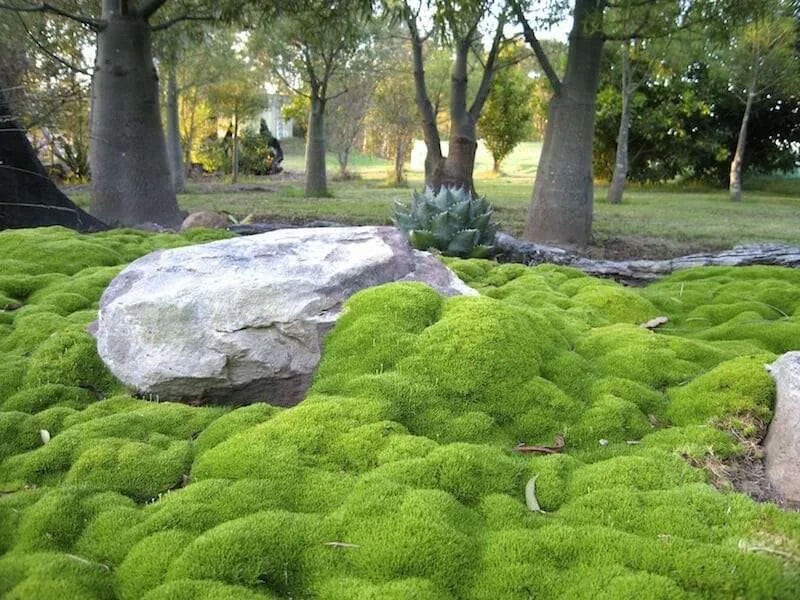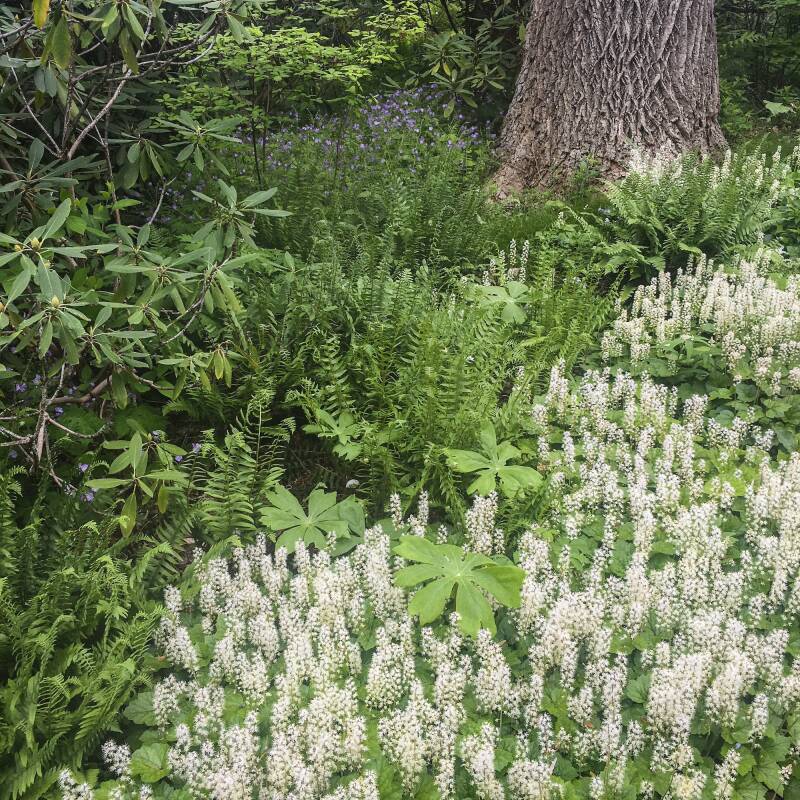Rock Purslane, Cistanthe grandiflora
My neighbor around the corner has a plant in his front yard that everyone asks him about because of its charming cup-shaped bright fuchsia flowers, its extremely long bloom time, and its low-water succulent vibe. Unfortunately my neighbor can never remember the name, but he can always remember to ask me, and I always tell him, “The common name is rock purslane.” I think maybe sharing the easy name will make it easier for him to remember…someday.
About the name, this hardworking and showstopping succulent used to go by the name Calandrinia spectabilis before botanists reassigned it to Cistanthe grandiflora. When you go to the nursery to search it out, which I highly recommend you do, be prepared to find either name. Either way, this is a super lovely plant you want to get your gloved garden hands on.
Please keep reading to learn more about this drought friendly must-have plant:

Native to Chile, rock purslane really knocks off a bunch of marks when it comes to plants. To begin with, this succulent is super unthirsty and undemanding, blooms for, like, ever, and brightens a planting bed with its vibrant fuchsia booms. I recently planted two in my client’s garden and a day later she asked me if I could plant more because the flowers make her so happy. That really says a lot. The other factor is that this visually and emotionally rewarding plant is even easy for novice plant parents to grow with success.
Rock purslane quickly grows to about 1 foot tall by 4 feet wide, and creates a weed-suppressing dense mound sporting grey-green succulent foliage that’s topped by long thin stems sporting a continuous supply of bouncy magenta 1.5 ” poppy-like flowers.

Hardy to USDA Zones 8-10, and cold hardy down to 15 degrees F, this succulent can be treated like an annual if you live outside of these zones. And here in Northern California ,where I live, rock purslane blooms from about April all the way until fall, and then some. In frost-free Southern California, this plant will bloom the entire year. To make this plant even more desirable, it really needs no deadheading to keep the petal power going. Also know that the flowers are tightly closed in the morning, open with the sun, then close up again for the night. Plus they choose to batten down their petal hatches in windy conditions as self protection.
When ordering this plant online or shopping at your local nursery, look for an even more robust variety called ‘Jazz Time’ which grows to 1 foot high by 3 feet wide and gifts you with the same spectacular flowers.
Cheat Sheet

- You will find that bees love to visit and romance the fancy blossoms.
- A perfect plant for those boring sidewalk strips or difficult and dry ho-hum hills, and to add to your rock or succulent garden.
- Deer will most likely leave this plant alone but I have witnessed them eating off the flowers like candy.
- Pairs with almost every color but looks especially stellar with bright yellow, purple and burgundy.
- Makes a great container plant or when planted in large groups for a bold display.
Keep It Alive

- Plant rock purslane is a sunny or partly sunny spot in well-draining soil. If need be, add perlite or small lava rocks to aid in soil drainage if you have heavy clay soil.
- Super heat and drought-tolerant once established, but some gardeners report that their plant looks better with a little more water now and then.
- Easy to grow from a cutting. Simply cut off a piece with 3 nodes and let the end air dry and callus for a few days before planting in well draining soil. Pro Tip: calluses help block pathogens from entering and help prevent stem rotting.
- Prune your plant back to 6″ in the winter (unless you are growing it as an annual), and give it some compost in the spring so it’s fed and ready to thrive.
For more on succulents we love, see:












Have a Question or Comment About This Post?
Join the conversation (0)